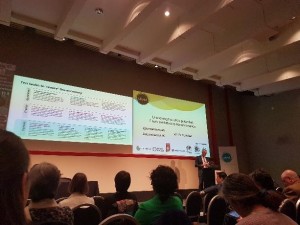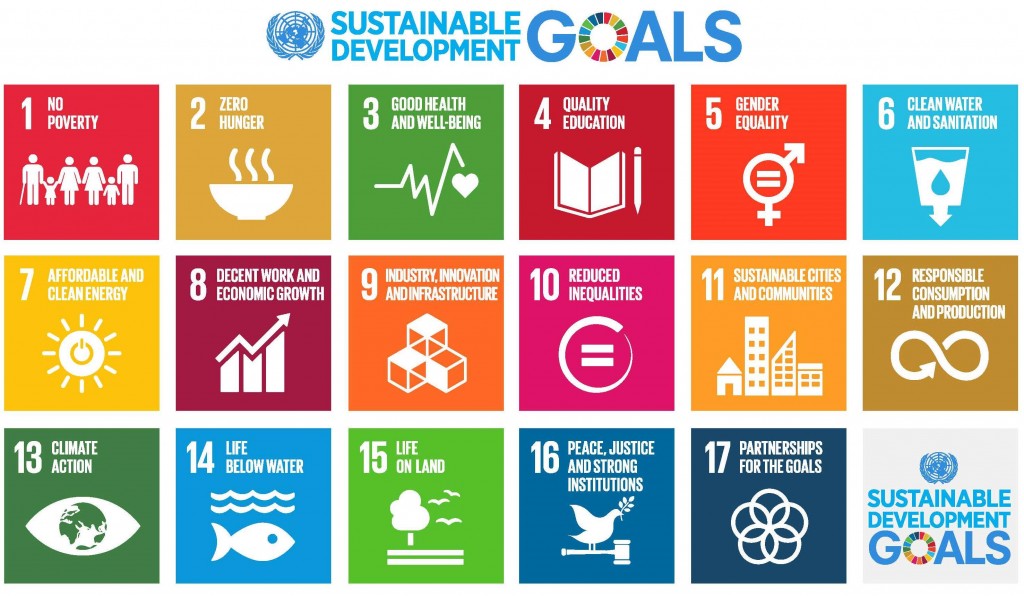This blog is the third in a series of four posts on Sustainability Month 2021.
LONDON STUDENT SUSTAINABILITY CONFERENCE
King’s had the wonderful opportunity to co-host this year’s London Student Sustainability Conference (LSSC) with City University. Over 30 students presented their sustainable research through presentations, posters and performances.
The diverse range of presentations covered the 17 United Nations Sustainable Development Goals, and we left the conference feeling inspired by the many students choosing to engage with the complexity of sustainability through their studies.
Here are some highlights:
‘Dust Fertilization in Terrestrial Ecosystems: The Sahara to Amazon Basin’
Globally, wind-driven dust plays a major role in biogeochemical cycles. Robyn’s presentation discussed the crucial role of Saharan dust in the Amazon Rainforest – it acts as a fertilizer and provides important nutrients that contribute to the ecosystem’s overall productivity. But how will these processes be impacted by changing weather patterns and climate change? (Robyn Lees, BSc Geography).
‘How to Promote Sustainable and Healthy Food Consumption in University Students?’
Recognizing that our dietary choices sit at the nexus of human, planetary and economic health, this student-led vegetable bag scheme explored how we can promote sustainable and healthy food consumption in university students (Fetch Ur Veg, Liza Konash, BSc Nutrition and Mia Lewis, BA International Relations).
‘Climate and Cake: What can you do?’
Climate and Cake is an education program for sustainable living. Its goal is to create a space for and support open discussions on sustainability and offer realistic ways individuals notably, students can act on climate change (Ana Oancea, BA International Development).
If this is something you’d like to get involved in next year, keep an eye out for news on LSSC 2022!
Recordings of the events can now be found on our Kaltura.
If you’d like to stay in touch, sign up for our monthly newsletter and follow us on Instagram, Facebook or Twitter.

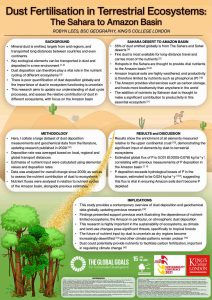
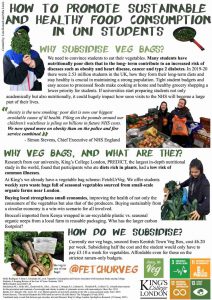
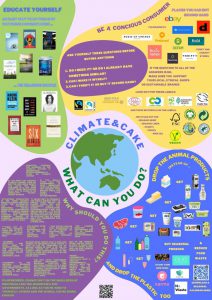

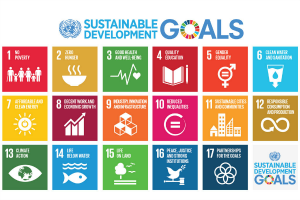
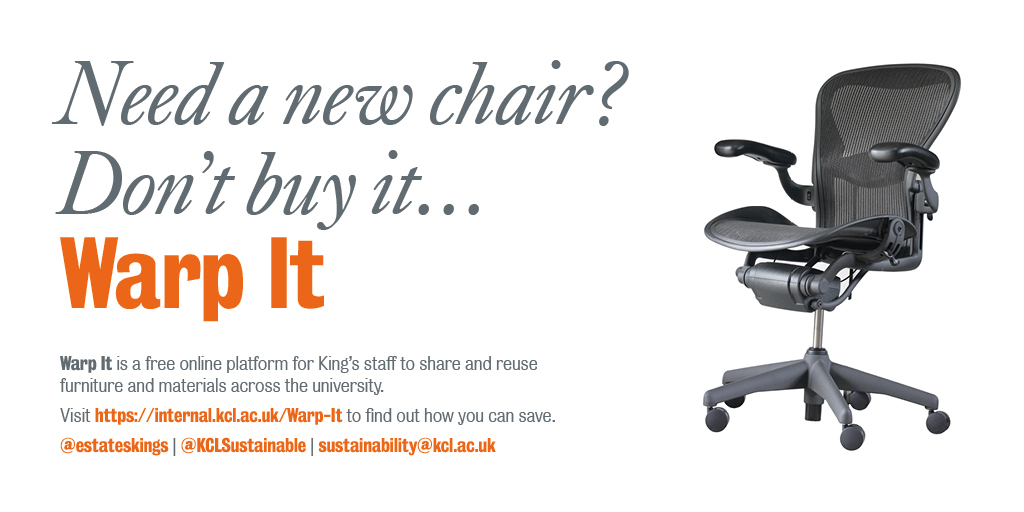 At the moment, Warp It is only open to staff. If you are interested in signing up and start reusing furniture, please visit the
At the moment, Warp It is only open to staff. If you are interested in signing up and start reusing furniture, please visit the 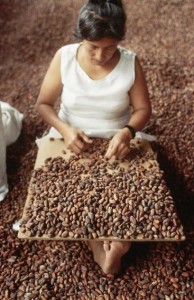 With more and more companies now offering Fairtrade chocolate, Easter is the perfect opportunity to support the scheme. The
With more and more companies now offering Fairtrade chocolate, Easter is the perfect opportunity to support the scheme. The  ood, Easter can also be a great time to enjoy the (hopefully) warm weather! With the stressful exam period coming up, making use of green spaces can help clear your mind – even if you don’t have time for extended walks, you could move your workspace outside for a few days. There are plenty of green spaces around London (e.g. Richmond Park, Southwark Park, Primrose Hill, Hampstead Heath etc.), and if you want to get your hands dirty, you can try out some
ood, Easter can also be a great time to enjoy the (hopefully) warm weather! With the stressful exam period coming up, making use of green spaces can help clear your mind – even if you don’t have time for extended walks, you could move your workspace outside for a few days. There are plenty of green spaces around London (e.g. Richmond Park, Southwark Park, Primrose Hill, Hampstead Heath etc.), and if you want to get your hands dirty, you can try out some 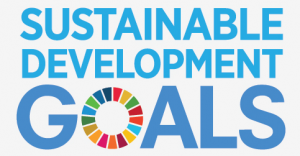 The conference started with a keynote speech by Amanda MacKenzie OBE, who highlighted the importance of getting everyone involved. When the SDGs were unveiled, she ran a campaign to get word about them out there. One of the key messages of this was the importance of using simple language everyone understands. This is why she refers to the goals as Global Goals rather than SDGs, claiming the term SDGs “sounds like something you would see your doctor about”. By calling them the Global Goals and making them accessible, we should be able to take millions of small, simple actions, together adding up to significant change.
The conference started with a keynote speech by Amanda MacKenzie OBE, who highlighted the importance of getting everyone involved. When the SDGs were unveiled, she ran a campaign to get word about them out there. One of the key messages of this was the importance of using simple language everyone understands. This is why she refers to the goals as Global Goals rather than SDGs, claiming the term SDGs “sounds like something you would see your doctor about”. By calling them the Global Goals and making them accessible, we should be able to take millions of small, simple actions, together adding up to significant change.